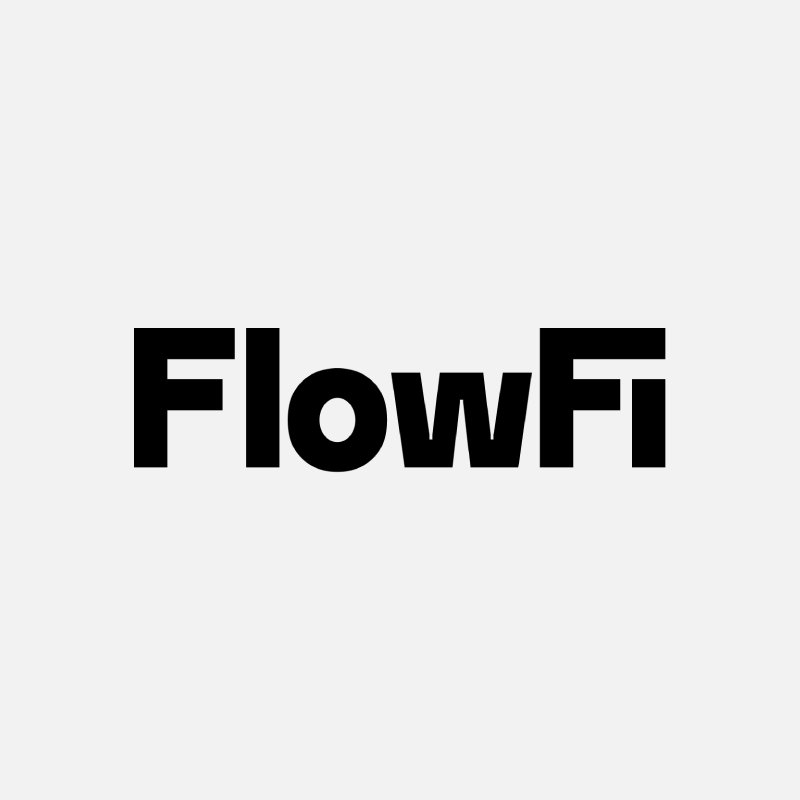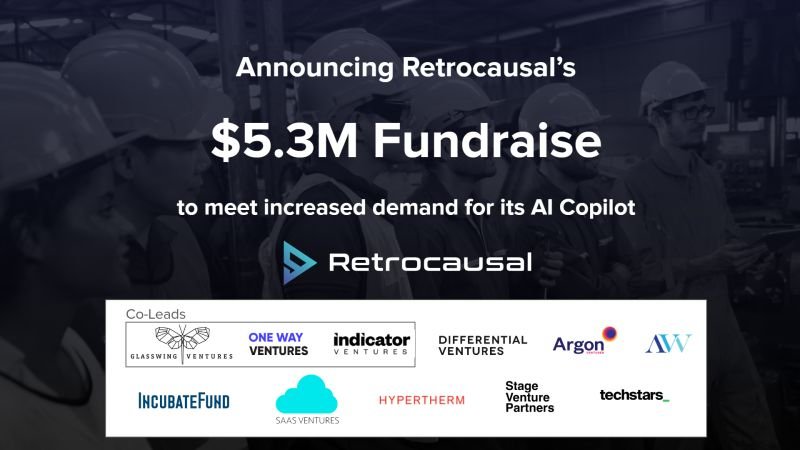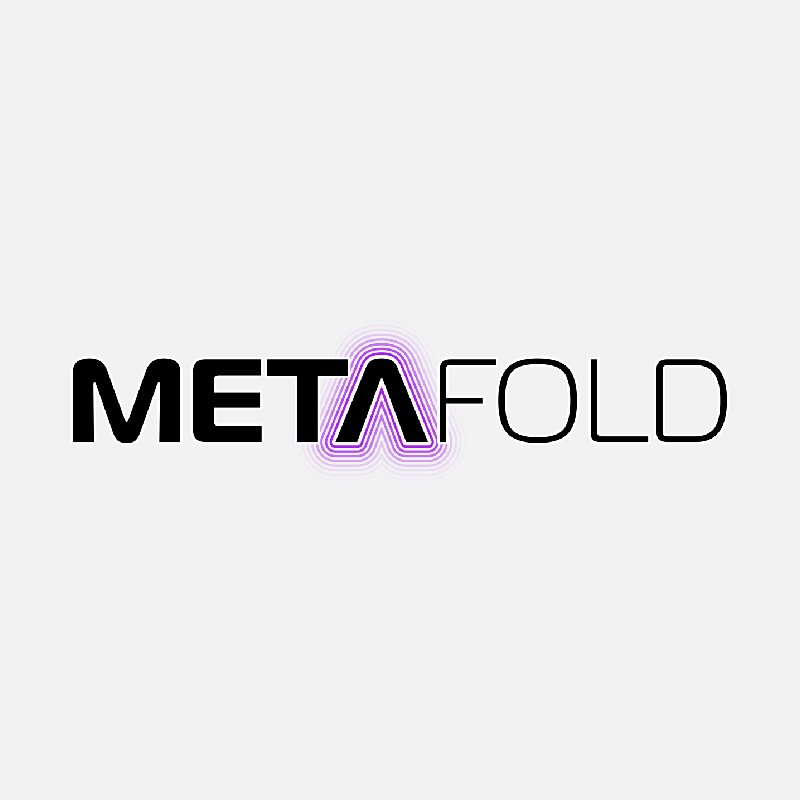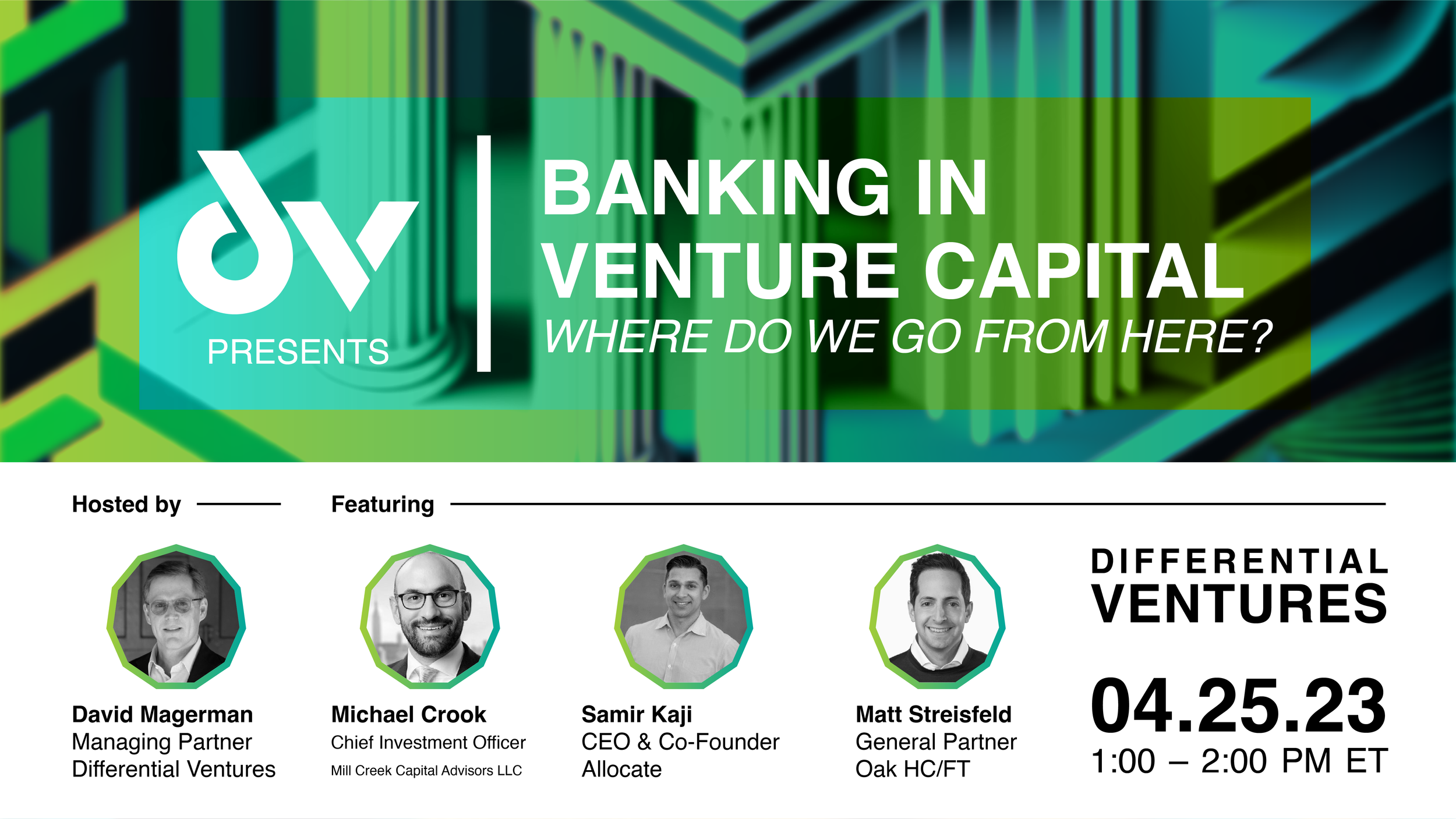What do you want to be post-COVID-19?
The COVID-19 health and economic crisis is in Month Two for most of North America and if one thing remains certain it’s that everything remains quite uncertain. Hopefully, by now you have gone through a couple of iterations of scenario planning for your business and have identified various approaches to keeping the lights on. If you need a crash-course on navigating in a downturn the team at First Round Capital put together a comprehensive ‘Founder’s Field Guide to Navigating this Crisis;’ which is a must-read.
There has been plenty written about cutting costs and what to expect from fundraising so we won’t spend more time on these topics other than: plan for things to get more challenging from here and re-evaluate your plans every single day.
The next question to ask yourself each morning, after ‘how do we keep the lights on?,’ should be ‘what do I want my company to be after we get through this crisis?’
By definition, entrepreneurs and small business owners have a higher-than-average tolerance for uncertainty yet tend to be obsessed with many of the finer details of the business. With the confluence of factors at play today [a burgeoning global health pandemic and an unprecedented economic shutdown] it is going to be extremely important to focus on the things you can control and to plan for - but be exceptionally flexible on - the things you can’t. Let’s also assume you have your costs contained and have 18-24 months of runway in the bank. What is that one thing you want to accomplish and what can you do during this transformative time period to achieve it?
If you look at your business through this lens, these next few months present an unprecedented opportunity for you to position your company for the next phase of the journey. Whether you are a market leader looking to modernize your company and improve profitability or a startup looking to overthrow an incumbent, now is the time to position yourself for that move.
Here are a few examples of similar initiatives in the startup community:
New product launches. We previously posted about selling in a downturn and how to find revenue opportunities when it seems nobody is buying. Everyone may get a free pass on slow or no growth this year so take the opportunity to build that new feature or product that will better position your products to compete when customer budgets open up again.
Evaluating new pricing strategies. Since sales cycles are lengthening anyway, quietly try a couple of pricing structures or tiers to see if anything moves the needle on closing business. I expect many companies to offer discounts, freemium models, and revised payment terms to attract new customers and retain existing ones.
Learning/exploring new digital marketing strategies. Costs for most paid digital marketing channels are down 40-50% right now. Email response rates are down 30-50%. There will be a lot of volatility in results so now is a good opportunity to start collecting data and learning.
Implementing new sales tools and strategies. Closing new deals through a direct sales model may prove to be more difficult than usual. Consider opportunities to build meaningful channel partnerships or launch a product-led sales strategy where sales transactions can occur entirely online.
Revising team culture and leadership. Granted everyone is learning new digital culture at the moment but you may find other opportunities to realign the organization or establish new policies that you think may make the team more effective.
Recruiting potential new employees for 12-24 months down the road. Now is a great opportunity to network with potential superstars. People are more inclined to stay in their current positions or flock to a ‘safer’ company but might be feeling restless when the recession ends.
During this recession, many leaders are going to be confused into inaction, complacent to let the market improve, and/or just plain scared. I’m calling this the ‘chocolate chip cookie conundrum’ [bonus points for alliteration?]. Why? I really like chocolate chip cookies; like, a lot... If you put a plate of 30 of them in front of me, there stands a reasonable chance I will scarf down all 30. I’m not going to lie, after a few days of quarantine, I’d probably eaten a few too many. After a couple of days I realized that, if I kept it up, I was going to come out of this quarantine lethargic, bloated, and, well, doughy. Since then I’ve been eating better, exercising more, and talking to my partners about what we want Differential to be in the months and years ahead.
There are going to be a lot of founders and companies that will fall victim to the cookie conundrum during this recession and, when the dust settles, their businesses will be severely out of shape; don’t be one of them! As 1980 US Olympic hockey coach, Herb Brooks, said:
‘Great moments are born from great opportunities’
It’s ok to have some cookies along the way but don’t let the opportunity to rebuild yourself go to waste!
More News & Insights
Differential goes on the record with Lizzy Kolar, the co-founder and CEO of Scope Zero. Scope Zero's mission is to reduce annual utility bills and fuel expenses by $300 billion, the environmental equivalent of removing 125M cars from the road.
Differential goes on the record with Moshe Hecht, an award-winning philanthropic futurist and innovator, reshaping the world of giving through technology and data solutions. The founder and CEO of Hatch, he is a dedicated philanthropist and has been published in Forbes, Guidestar, and Nonprofit Pro.
The WorkplaceTech Spotlight host Hadeel Al-Tashi sits down with Lizzy Kolar, Co-Founder and CEO of Scope Zero to dive into how Scope Zero's Carbon Savings Account (CSA) empowers employees to make affordable home technology and transportation upgrades while aligning with corporate sustainability goals. They discuss how the CSA not only supports environmental and financial wellness for employees but also strengthens a company's commitment to sustainability. Don't miss this opportunity to learn how integrating green benefits can drive meaningful impact within your organization.
Hatch AI, a groundbreaking intelligence platform for nonprofits, announced a $3 million raise in seed funding, led by Differential. Read the full press announcement at the link below.
MIT News: Alumni-founded Pienso has developed a user-friendly AI builder so domain experts can build solutions without writing any code.
On the Record with Nate Cavanaugh, CoFounder & Co-CEO of FlowFi.
In 2021, Nate co-founded of FlowFi, a SaaS-enabled marketplace that connects startups and SMBs with finance experts. FlowFi has raised $10M from top VC firms including Blumberg Capital, Differential Ventures, Clocktower Ventures and Precursor Ventures, and generated 7-figures of annual recurring revenue in its first year.
Nate was nominated to the Forbes 30 Under 30 list for Enterprise Technology.
TECHCRUNCH: FlowFi, a startup creating a marketplace of finance experts for entrepreneurs, closed on $9 million in seed funding.
Blumberg Capital led the investment and was joined by a group of investors including Parade Ventures, Differential Ventures, Precursor Ventures, Special Ventures, 14 Peaks Capital and Cooley LLP.
NASDAQ: Nasdaq TradeTalks: 2024 Cybersecurity Budget Outlook with Almog Apirion, Cyolo.
FINSMES: Retrocausal, a Seattle, WA-based platform provider for manufacturing process management, raised $5.3M in funding.
The round was led by Glasswing Ventures, One Way Ventures, and Indicator Ventures, with participation from existing investors Argon Ventures, Differential Ventures, Ascend Vietnam Ventures, Incubate Fund US, SaaS Ventures, Hypertherm Ventures, Stage Venture Partners, and Techstars.
AI and the Future of Work Podcast: Entrepreneurs wonder what it’s like to be a VC. And VCs without an operating background often don’t understand the grit required to turn an idea into a successful business. The best investors have been successful operators first.
Today’s guest is one of those. Nick Adams founded Differential Ventures in 2017 to invest in B2B, data-first seed-stage companies. Since then, Nick and the team have invested in an impressive group of companies including Private AI, Ocrolus, and Agnostiq.
On the Record with Elissa Ross, CoFounder & CEO of Metafold. Elissa Ross is a mathematician and the CEO of Toronto-based startup Metafold 3D. Metafold makes an engineering design platform for additive manufacturing, with an emphasis on supporting engineers using metamaterials, lattices and microstructures at industrial scales. Elissa holds a PhD in discrete geometry (2011), and worked as an industrial geometry consultant for the 8 years prior to cofounding Metafold. Metafold is the result of observations made in the consulting context about the challenges and opportunities of 3D printing.
Nick Adams on PM360: To get a better grasp on what eventual AI regulations could and should look like, PM360 spoke with Nick Adams, Founding Partner at Differential Ventures. In addition to starting the venture capital firm focused on AI/machine learning in 2018, Adams is also a member of the cybersecurity and national security subcommittee for the National Venture Capital Association and recently briefed members of Congress on AI policy and potential regulation.
BETAKIT: Metafold 3D, which wants to make it easier for manufacturers to design and 3D print complex parts, has secured $2.35 million CAD ($1.78 million USD) in seed funding.
Toronto-based Metafold was founded in 2020 by a group of math, geometry, and architecture experts in CEO Elissa Ross, CTO Daniel Hambleton, and COO Tom Reslinski. Born out of Hambleton’s geometry-focused consulting agency, Mesh Consultants, Metafold sells design for additive-manufacturing software to sportswear and biopharmaceutical companies.
Nick Adams on TECHBREW: For all the pixels spilled about the promises of generative AI, it’s starting to feel like we’re telling the same story over and over again. AI is serviceable at document summarization and shows promise in customer service applications. But it generates fictions (the industry prefers the euphemistic and anthropomorphizing term “hallucinates”) and is limited by the data on which it’s trained.
ATLANTA and TEL AVIV, Israel, June 29, 2023 /PRNewswire/ -- Mona, the leading intelligent monitoring platform, unveils a new monitoring solution for GPT-based applications. The free, self-service offering provides businesses with granular visibility into GPT-based products and valuable insights into costs, performance, and quality.
David Magerman on THEINFORMATION: OpenAI’s stated goal is to develop and promote a software system capable of artificial general intelligence. Toward that end, the company has released systems based on large-language models, which can respond to prompts with fluent conversation on many subjects. ChatGPT, Microsoft’s Bing chatbot and other new systems based on OpenAI’s GPT-3 and GPT-4 models are truly incredible and perform far beyond previous attempts at achieving AGI.
BUSINESSWIRE: Morgan Stanley at Work and Carver Edison, a financial technology company, announced today that Shareworks has joined Equity Edge Online® in offering Cashless Participation® to U.S.-based corporate clients. Since the initial launch of Cashless Participation® on Equity Edge Online®, stock plan participants have purchased more than one million shares1 with Cashless Participation®. Now that Shareworks has also launched the tool, a wider cohort of Morgan Stanley at Work corporate clients will have access.
FOX5 WASHINGTON DC: Nick Adams discusses the pros and cons of Artificial intelligence.
PULSE 2.0: Differential Ventures is a seed-stage venture capital fund that was founded by data scientists and entrepreneurs for data-focused entrepreneurs. To learn more about the firm, Pulse 2.0 interviewed Differential Ventures’ managing partner and co-founder Nick Adams.
IoTForAll: Golioth, a leading developer platform for the Industrial Internet of Things (IIoT), announced open access to a library of new reference designs for embedded engineers to accelerate their time to market, the launch of a Select Partner Program for energy and construction developers, and the completion of a $4.6M round of seed funding led by Blackhorn Ventures and Differential Ventures with participation from existing investors, Zetta Venture Partners, MongoDB Ventures and Lorimer Ventures.
VENTURE BEAT: Data privacy provider Private AI, announced the launch of PrivateGPT, a “privacy layer” for large language models (LLMs) such as OpenAI’s ChatGPT. The new tool is designed to automatically redact sensitive information and personally identifiable information (PII) from user prompts.
DIGINOMICA: What can an early-stage investor tell enterprises about the nascent quantum market?
The quantum tipping point – that fabled moment when quantum technologies break through to commercial adoption at scale – has been questioned in a previous diginomica report…
ENTER QUANTUM: Experts agree that commercial quantum computing at scale could be as much as 10 years away, but this hasn’t stopped investors from betting on it turning a profit in the near future. U.S. tech venture capital company Differential Ventures led the recent $6 million seed extension round for quantum software company Agnostiq which it will use to accelerate further development and commercialization of its enterprise-grade quantum and high-performance computing platform Covalent.
In this Q&A, Differential founding partner David Magerman explains why investors are throwing their weight behind commercial quantum now.
On Tuesday, April 25th, 2023, Differential Ventures hosted a webinar on “Banking in Venture Capital & the Tech Industry”. The panel was moderated by David Magerman, Managing Partner of Differential Ventures, and joined by guest speakers Michael Crook (Chief Investment Officer, Mill Creek Capital Advisers), Samir Kaji (CEO & Cofounder, Allocate), and Matt Streisfeld (General Partner, Oak HC/FT).
AICamp: Augment is a 3 month long accelerator program run by Betaworks, aimed at bringing together the most creative pre-seed & seed stage companies building software powered by AI to augment human activity.
Quantum computing startup Agnostiq Inc. said today, April 5, 2023, it has closed on a seed funding round worth $6.1 million to help accelerate the development of its enterprise-grade quantum and high-performance computing platform.
Sand Hill Road Podcast: Nick Adams joined the Sand Hill Road podcast to discuss the way startups can survive a downturn.
UniteAI: There’s no question that machine learning operations (MLOps) is a burgeoning sector. The market is projected to reach $700 million by 2025 – almost four times what it was in 2020.
Still, while technically sound and powerful, these solutions haven’t generated the expected revenue, which has raised concerns about future growth.





























